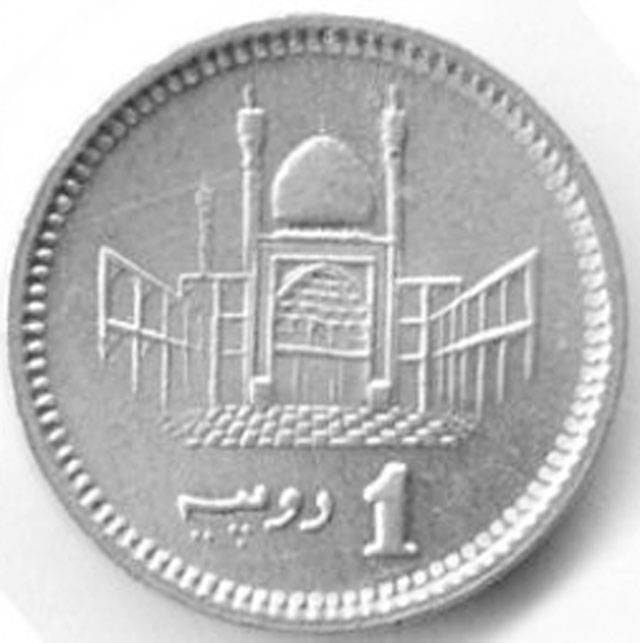ISLAMABAD - The federal government on Tuesday termed the dollar value of Rs115 closer to the equilibrium, which would help in increasing country’s exports.
“It is unlikely that dollar value will reach Rs120 but we cannot intervene in market,” said Minister of State for Finance Rana Muhammad Afzal Khan said while talking to the media. He termed the current dollar rate of Rs115 a balanced rate, which would help in enhancing country’s exports and controlling widening current account deficit. The dollar would remain between Rs112 to Rs115, he added.
Afzal said that foreign exchange reserves held by State Bank of Pakistan (SBP) are around $12 billion. Meanwhile, the government would have to repay $3 billion against previous loans and interest payment before June this year. The government has no problem in repaying $3 billion as several options are under consideration to generate this amount before June. Talking about upcoming budget, the minister of state said that government would present pro-people budget for the next fiscal year. “The government will impose limited taxes in budget if needed,” he informed.
Meanwhile, sources informed The Nation that federal government and SBP would not intervene in the market. However, they said that dollar would remain under Rs116. The PKR-US$ exchange rate in the interbank market closed at PKR 115 per US$ and witnessed an intraday high and low of PKR 116.25 per US$ and PKR 110.60 per US$, respectively on Tuesday. “This has resulted in a widening of current account deficit which has translated into a demand-supply gap of foreign exchange. This adjustment in exchange rate remains broadly aligned with evolving fundamentals on the external front,” the State Bank of Pakistan stated.
Earlier, in December 2017, the rupee lost around 5 percent to become Rs110.64 to the greenback and stayed at the level for the last few months. The government had devalued its currency due to the immense pressure from the International Monetary Fund. “Maintaining a largely stable nominal exchange rate amid mounting external pressures has led to losses of international reserves”, the IMF stated in its recent report on Pakistan’s economy.
The economists believed that inflation would increase due to the rupees deprecation as well as government’s policy of continuously enhancing oil prices. The consumer price index (CPI) based inflation was recorded at 3.84 percent during first eight months (July-February) of the current fiscal year. The government and the SBP believed that the average inflation for the current financial year is projected to fall in the range of 4.5 to 5.5 percent; end of fiscal year inflation is likely to inch towards the annual target of 6 percent.
However, the rupee depreciation would help in increasing exports. The country’s overall exports were recorded at $14.8 billion during eight months (July-February) of the year 2017-18 as compared to $13.3 billion of the corresponding period of the last year. The increase in exports would reduce the increasing current account deficit. Pakistan’s current account deficit widened 50 percent to $10.826 billion in the eight months of current fiscal year.
Meanwhile, Islamabad Chamber of Commerce and Industry has shown great concerns over the sharp fall in the value of rupee against dollar as it would unleash a new wave of inflation in the country and create additional problems for the business and industrial activities.
Sheikh Amir Waheed, President ICCI, said that rupee has fallen from Rs.110 per dollar to Rs.115 per dollar in a single day that should be a cause of great concerns for the policy-makers.
He said the rupee was devalued by about five percent in December last year in similar manner and another devaluation of over 4.5 percent in a single day would create new challenges for the economy. He said instead of withdrawing support for the rupee in the daily market, State Bank of Pakistan should make efforts for a stable currency as volatile currency was disturbing the efforts of private sector for long-term business planning.
He said falling value of rupee would increase debt burden on the country as devaluation of Rs.1 caused Rs.60 billion jump in the public debt burden. He said the local industry needed new technology and machinery to upgrade itself and compete effectively with Chinese counterparts in the CPEC projects. However, the sharp fall in the value of rupee against dollar would make the import of industrial machinery costlier and thwart efforts aimed at upgradation of industry. He stressed that government should take urgent measures to end volatility and bring stability in the local currency.






